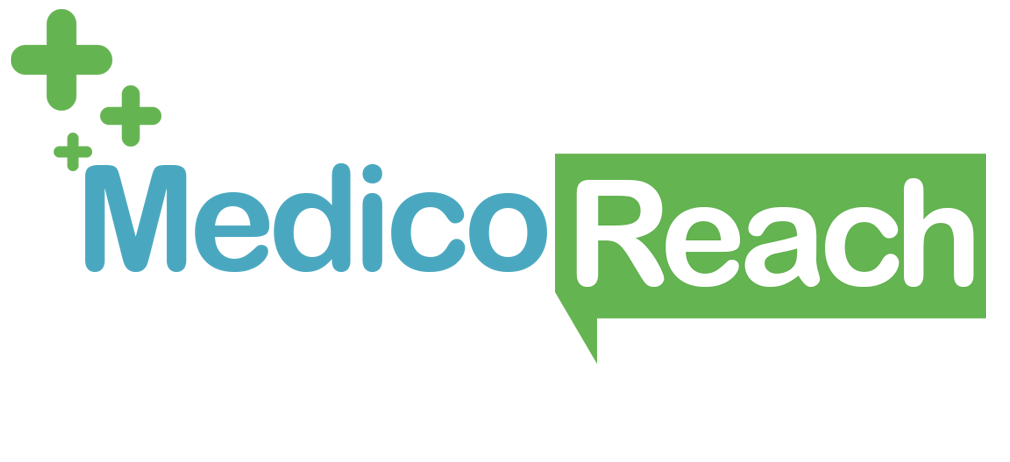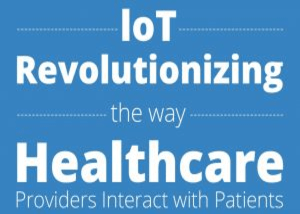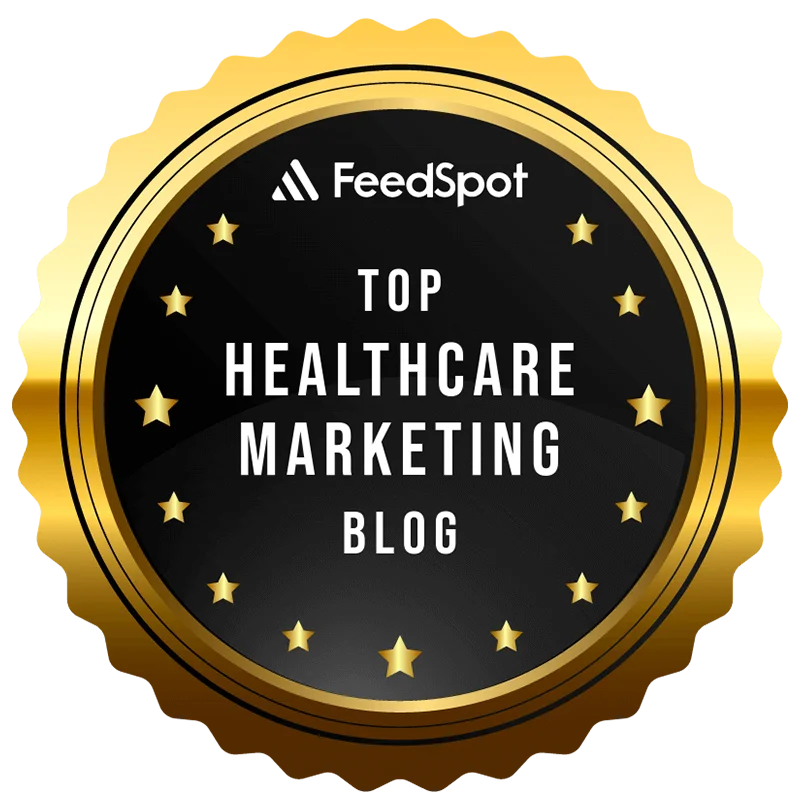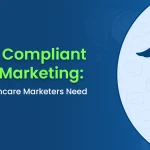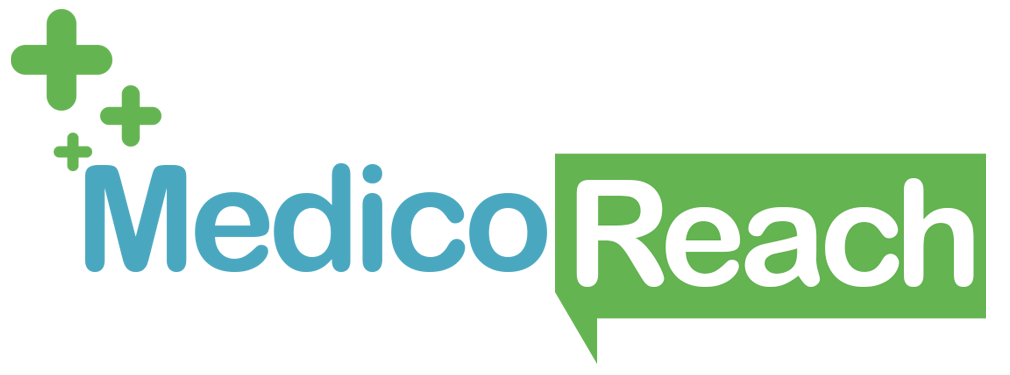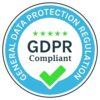
Infographic Content:
Staying Connected Helps Improve Healthcare
From remote monitoring to use of smart sensors and medical device integrations, the Internet of Things (IoT) has made it possible for healthcare providers to offer an interconnected, patient-centric, smoothly automated healthcare ecosystem.
- 1 percent of healthcare organizations have already implemented IoT. (Source: vigyanix)
- The global mHealth solutions market including apps, mHealth services, and connected medical devices) is expected to grow to $59.15 billion by 2020. (Source: eVisit)
Engaging with Patients Drives Quality of Care
Patient engagement is all about having a patient engaged in the process of their well-being and healthy life. Interactions between patients and their healthcare providers result in facilitating improved health outcomes.
- Communication between patients and physicians via apps and online portal can improve engagement rates by 60% or higher. (Source: eVisit)
- Increased online patient involvement can result in a 90% satisfaction rate for both patients and physicians. (Source: eVisit)
Tremendous Growth of IoT in Patient Engagement
- The global healthcare IoT market is expected to grow from $ 32 billion in 2015 to $173 billion by 2020 at a CAGR of 38.1%.
- According to a recent report, 30.3% of all connected devices are being used in Healthcare.
- About 99% of patients want to stay connected in their Care.
(Source: vigyanix)
What IoT Offers to the Healthcare Industry
- Right treatment to patients at the right time
- Provides real-time information to improve patient care
- Makes health treatment affordable for all
- Ensures real-time monitoring, diagnosis and treatment
(Source: vigyanix)
IoT Challenges that Needs to be Addressed
- Lack of EHR integration and technological awareness
- Inability to Manage IoT medical devices
- Security Concerns
- Data Interoperability
